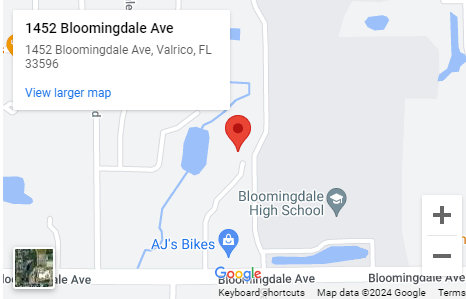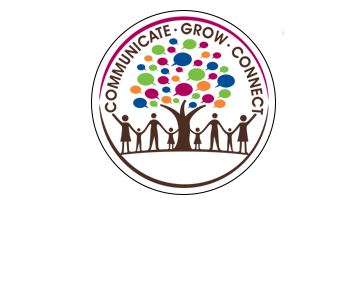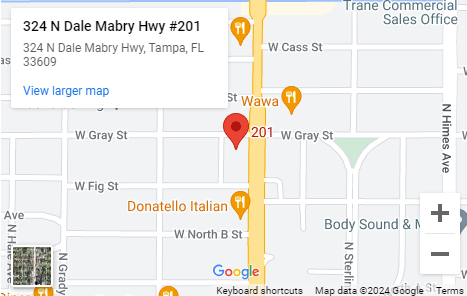speech therapy
WE DESIGN CUSTOMIZED
speech therapy for your child
Know The Signs
of a communication disorder
- Does not smile or interact with others (birth and older)
- Does not babble (4–6 months)
- Makes only a few sounds or gestures, like reaching (7–9 months)
- Does not understand what others say (10 months – 2 years)
- Says only a few words (19 months – 2 years)
- Does not put words together to make sentences (19 months – 3 years)
- Speaks using words that are not easily understood by others (3–4 years)
- Has trouble with early reading skills, like pretending to read or finding the front of a book (4–5 years)
Between 25% and 40% of children with ADHD also have a reading disability. Up to 50% of children with ADHD may have difficulty learning to read, reading fluently, or reading with comprehension.
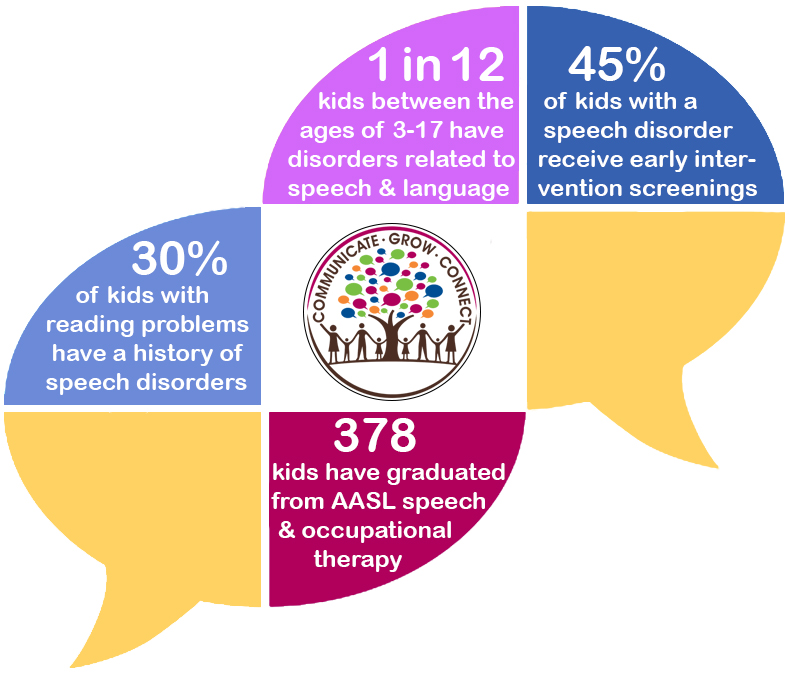
speech therapy areas of expertise:
 At All About Speech & Language, our Speech Therapists specialize in assessing and enhancing various aspects of communication and language development. From articulation and fluency to language comprehension and social communication, our therapists are equipped to address a wide range of speech and language challenges. By tailoring therapy sessions to each child’s unique needs and interests, we create engaging and effective interventions that promote progress and success in communication skills.
At All About Speech & Language, our Speech Therapists specialize in assessing and enhancing various aspects of communication and language development. From articulation and fluency to language comprehension and social communication, our therapists are equipped to address a wide range of speech and language challenges. By tailoring therapy sessions to each child’s unique needs and interests, we create engaging and effective interventions that promote progress and success in communication skills.
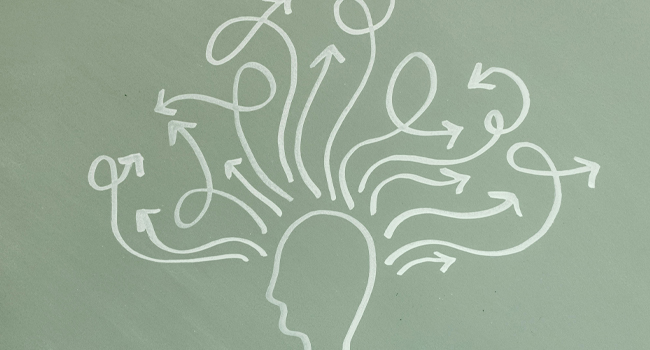
What is Attention Deficit Hyperactivity Disorder (ADHD)?
- ADHD is a neurobehavioral disorder primarily diagnosed in childhood, often persisting into adulthood.
- It is divided into inattention and hyperactivity-impulsivity, often accompanied by language and auditory-processing difficulties.
How can our Speech Therapists help?
- Our Speech Therapists can help by improving attention, following instructions, and social communication skills.
- They will address language processing, conversational turn-taking, and understanding nonverbal cues.

What is Autism Spectrum Disorder (ASD)?
- Autism Spectrum Disorder is a diagnosis that encompasses various complex brain development disorders like Autism, Asperger syndrome, etc.
- It is diagnosed based on impaired social interaction, communication disturbances, and repetitive behaviors.
How can our Speech Therapists help?
- Our Speech Therapists can help by improving communication skills, including speech development and social interaction.
- They will address challenges with understanding language, following commands, and interacting with others.

What is Childhood Apraxia of Speech (CAS)?
- Childhood Apraxia of Speech is a neurologically based difficulty in programming speech movements, also known as developmental verbal apraxia or dyspraxia.
- It involves a disconnect between the brain’s signal and the mouth’s movements, occurring at a “pre-speech” motor-planning level.
How can our Speech Therapists help?
- Our Speech Therapists can help by targeting smooth movement transitions between sounds, distorted vowel sounds, and prosody errors.
- They will work on consistent sound production and reducing inconsistent error patterns.

What are Articulation and Phonology Disorders?
- Articulation and Phonology Disorders are speech sound disorders where pronunciation mistakes persist beyond a typical age.
- They involve issues with articulation (individual sounds) and/or phonological processes (sound patterns).
How can our Speech Therapists help?
- Our Speech Therapists can help by addressing specific articulation errors and patterns of sound errors.
- They will enhance speech clarity and intelligibility through targeted therapy.

What is Central Auditory Processing Disorder (CAPD)?
- Central Auditory Processing Disorder is a condition that manifests as poor listening skills or difficulty processing auditory information, affecting academic, social, and communication abilities.
- It is typically diagnosed around age 8 by an audiologist and treated by a speech-language pathologist.
How can our Speech Therapists help?
- Our Speech Therapists can help by focusing on improving auditory processing, following directions, and understanding spoken information.
- They will develop strategies for better listening and comprehension in various environments.
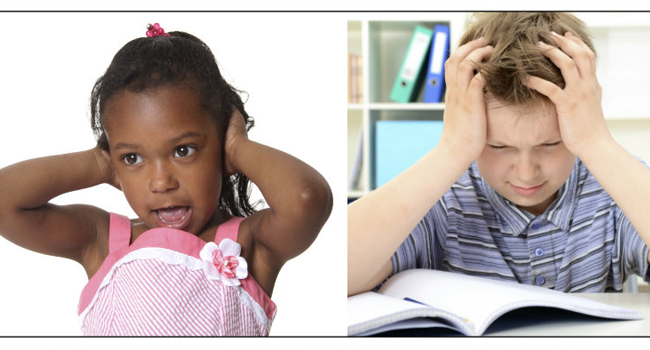
What are Developmental Speech & Language Delays?
- Developmental Speech & Language Delays are characterized by delayed speech and language development, including challenges with joint attention and understanding basic concepts.
- These delays can impact a child’s ability to communicate effectively and interact with peers.
How can our Speech Therapists help?
- Our Speech Therapists can help by working on foundational language skills like vocabulary, following directions, and answering questions.
- They will enhance communication abilities to better connect with others and the environment.
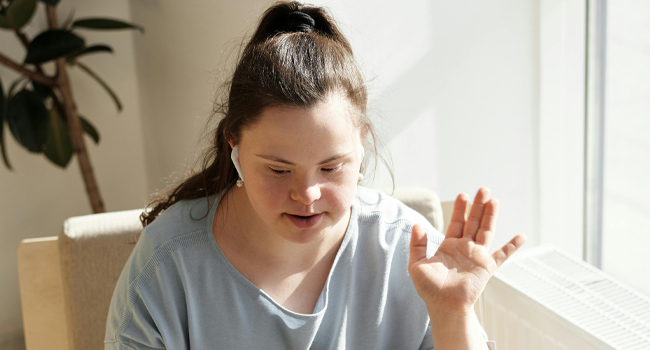
What is Down Syndrome?
- Down Syndrome is a condition often resulting from a chromosomal abnormality, typically trisomy 21, with symptoms like low muscle tone and distinctive facial features.
- It is associated with chronic ear infections, oral-motor difficulties, and speech and language challenges.
How can our Speech Therapists help?
- Our Speech Therapists can help by addressing articulation problems, delayed language development, and improving speech intelligibility.
- They will work on vocabulary development and other language skills tailored to each child’s needs.

What is Dyslexia?
- Dyslexia is a condition characterized by challenges in accurate and fluent word identification, spelling, and decoding abilities.
- It stems from poor phonological skills, which are crucial for decoding letters and sounds.
How can our Speech Therapists help?
- Our Speech Therapists can help by providing systematic, multi-sensory, language-based reading instruction.
- They will focus on building the visual, auditory, and sensory-cognitive skills necessary for reading and comprehension.

What is Feeding Therapy?
- Feeding Therapy is a therapeutic service provided to improve the feeding skills and abilities of children, often addressing sensory-based feeding aversions.
- It incorporates techniques like desensitization to gradually reduce aversions to food textures, smells, and tastes.
How can our Speech Therapists help?
- Our Speech Therapists can help by reducing sensitivity to food properties and increasing exposure to new foods.
- They will offer guidance on creating feeding routines and navigating challenging mealtime behaviors.

What is the Interactive Metronome Program?
- The Interactive Metronome Program is a visual-auditory program using a computerized metronome to help coordinate “neural timing.”
- It aids in focusing, attending, processing information, and coordinating motor movements.
How can our Speech Therapists help?
- Our Speech Therapists can help by integrating this program with functional therapy interventions.
- They will provide certified “IM Home” support, allowing for virtual, self-paced therapy at home.

What is iPad Technology / AAC (Alternative-Augmentative Communication)?
- AAC devices help children communicate their needs and support overall communication development.
- They are assessed and fitted by speech-language pathologists in collaboration with AAC manufacturers.
How can our Speech Therapists help?
- Our Speech Therapists can help by utilizing a wide range of apps to support therapy in areas like language development, articulation, and social skills.
- They will ensure that the AAC device is effectively integrated into the child’s communication strategy.

What is the PROMPT Technique for Speech Elicitation?
- The PROMPT Technique involves manual touch cues to guide the jaw, tongue, and lips through speech production.
- It is effective for various speech disorders, including phonological disorders, apraxia of speech, and developmental delays.
How can our Speech Therapists help?
- Our Speech Therapists can help by applying tactile cues to assist with challenging speech movements.
- They will tailor the technique to address specific speech production issues in each child.

What are Reading/Literacy Skills?
- Reading/Literacy Skills involve foundational abilities like letter and sound recognition, blending sounds, and reading for content.
- Struggling readers may have difficulty comprehending material due to a focus on decoding words.
How can our Speech Therapists help?
- Our Speech Therapists can help by building the skills necessary for fluent reading and comprehension.
- They will provide targeted interventions to improve phonological awareness and reading abilities.

What are Social Skills?
- Social Skills are essential for successful interactions, including abilities like listening, eye contact, and taking turns.
- Challenges in social skills can be associated with diagnoses like Autism Spectrum Disorder and ADHD.
How can our Speech Therapists help?
- Our Speech Therapists can help by teaching basic interaction skills, maintaining social interactions, and resolving conflicts.
- They will work on perspective-taking, self-advocacy, and assertiveness to enhance social communication.

What are Stuttering & Fluency Disorders?
- Stuttering & Fluency Disorders are characterized by disruptions in the flow of speech, ranging from mild to severe.
- These disorders may be accompanied by secondary motor behaviors like facial grimaces and eye blinks.
How can our Speech Therapists help?
- Our Speech Therapists can help by addressing the physical and emotional aspects of stuttering.
- They will provide strategies to manage speech disruptions and build confidence in communication.

What are Writing Skills?
- Writing Skills involve the formulation process of combining words into sentences and organizing them into paragraphs.
- Handwriting, the physical act of writing, is supported by occupational therapists focusing on fine-motor skills.
How can our Speech Therapists help?
- Our Speech Therapists can help by assisting with the organization and editing of written content.
- They will collaborate with occupational therapists to ensure efficient and legible handwriting.
we also offer
Additional Therapy Services
All About Speech & Language (AASL) offers treatment for speech-language and occupational therapy. We also cover a variety of disorder areas, abilities, and skills from childhood through adulthood. Additional therapies include:


